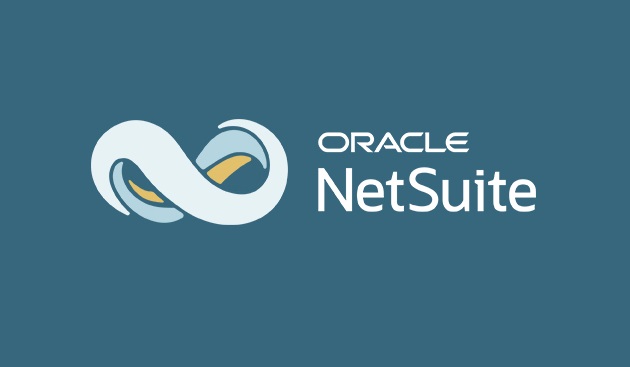From the Bleeding Edge blog.
Very quietly, the Librarian of Congress has let slip into law a little-known provision that makes it illegal to “jail-break” your smartphone.
The provision, based on an interpretation of the Digital Millennium Copyright Act (DMCA), imposes fines of up to $500,000, jail terms of up to five years, or both. It is still legal to buy “unlocked” phones on the open market and carry them to your carrier for a service plan.
What has been happening is that some cell phone providers, in order to entice new customers, have heavily subsidized the costs of the phones themselves. Savvy consumers have been able to buy a phone from one provider, break the contract or terminate early, then take the phone to another provider that offers lower service rates. Under the new ruling, a smart phone purchased from a provider is not yours to use, but merely licensed to you as a consumer. You have no right to take it to another carrier to use, and an exemption that enabled you to do so in the past has been revoked.
For providers, this meant that they had difficulty maintaining control over the cellular marketplace, luring new customers away from discounted plans or offsetting the high cost of smartphones. This latter is particularly important, because the providers much prefer to sell the higher-end phones at a discount, then require a pricey “data plan” to make up the difference.
Is this substantial? I shopped a bit online, and found I could buy a Samsung Galaxy Sii Firefly, an Android smartphone, for $325 or less. Over at Walmart, a national GSM/4G network called Straight Talk offers unlimited text, talk and data for only $45 per month, plus $15 for a SIM card to use their network. Over a two-year contract, the total cost of the phone and necessary plan is therefore $1,420, or around $58.00 per month.
If we look at the same phone on a major carrier’s network, the phone would have cost me only $.99, with a two-year contract at $110 per month (data limited to 3.0 Gb and phone time limited to 900 minutes per month). Total cost for the two years is therefore $2,641. That’s roughly $51 dollars per month more for a plan with less data and talk time. Unlimited plans for text and talk, with 5Gb of data per month will run even more, about $140 per month. And a family plan with two lines will run a whopping $200 per month, plus $10 each for additional phones.
Yes, the large providers do offer special deals (but generally only for new customers) and some additional reliability in their phone networks. But is it worth the price?
What has consumer advocates upset about the administrative ruling is that the Digital Millennium Copyright Act was never intended to regulate the smartphone industry. It was meant to crack down on piracy of music, films and digital works. This is a new expansion of the law, put into place with virtually no discussion or public comment.
They may argue that cell phone use is so very different from the music, film and software industries that there is no parallel. I would argue just the opposite.
Studios hell-bent on forcing consumers to buy sub-standard products at outrageous prices learned to their chagrin that they could not use the law to change the laws of marketing. Consumers ultimately buy the products they want to use, at a price they want to pay, or they will simply innovate their way around the law.
Film and music studios are finally, after beating down their best customers with years of frivolous lawsuits, beginning to understand this. The result is the rise of digital formats and legitimized online music and film markets, plus the ability to easily transport these digital works to a device of your choice. The cellular providers will likewise learn in time that they can’t simply herd their customers into new phones that are junk, service plans that do little but line their pockets, or smartphone features that only a tiny minority of their customers will actually use.
And those consumers have already begun to speak. Over on the Administration’ “We The People” web site, more than 28,000 people have already signed a petition asking that the decision be overturned – and failing that, to have the Administration champion a bill to make unlocking permanently legal.
Thanks for reading CPA Practice Advisor!
Subscribe Already registered? Log In
Need more information? Read the FAQs
Tags: Technology




